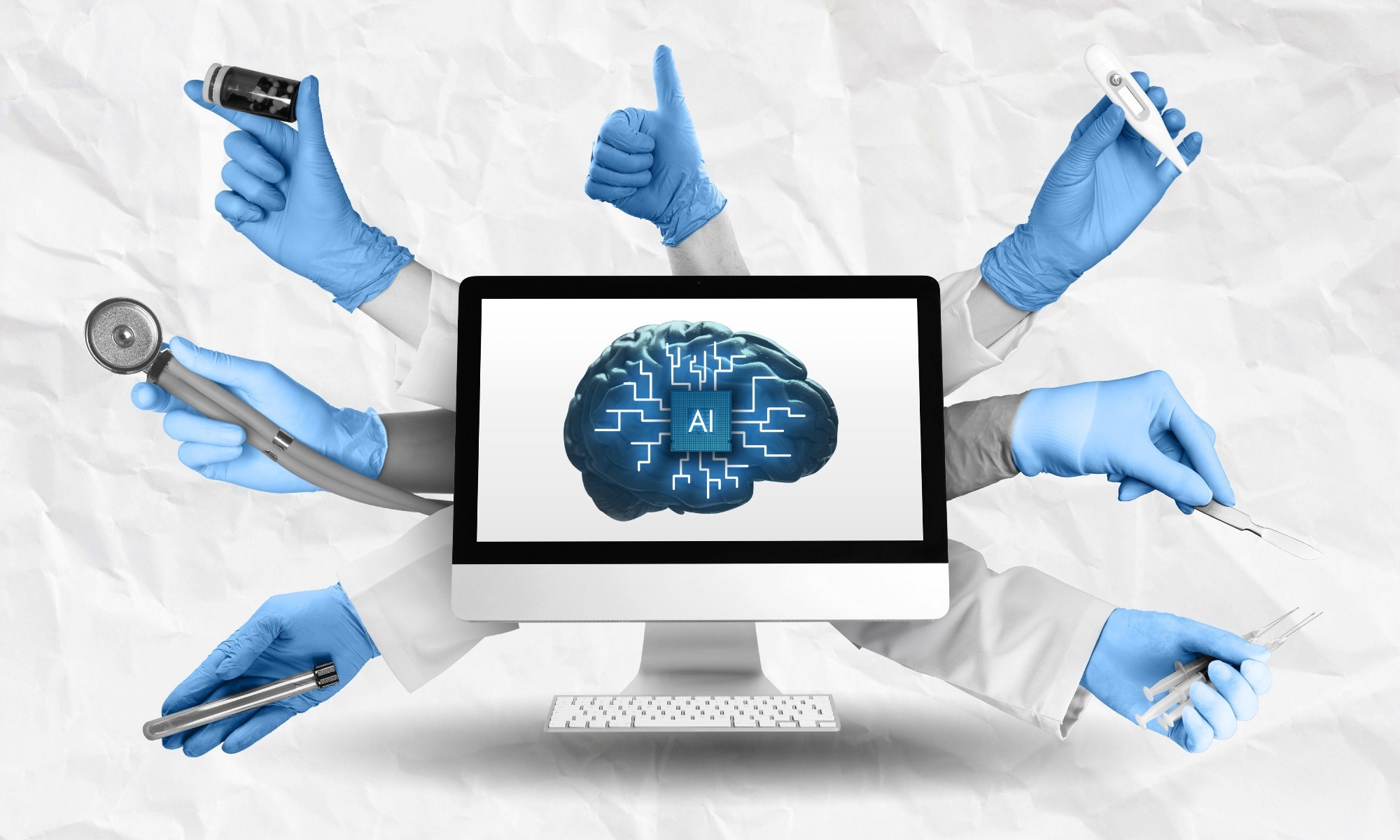While ChatGPT-4 excels at multiple-choice medical exams, new research reveals its weaknesses in complex clinical decision-making, raising big questions about the future of AI-powered healthcare.
 Study: Assessing ChatGPT 4.0’s Capabilities in the United Kingdom Medical Licensing Examination (UKMLA): A Robust Categorical Analysis. Image Credit: Collagery / Shutterstock
Study: Assessing ChatGPT 4.0’s Capabilities in the United Kingdom Medical Licensing Examination (UKMLA): A Robust Categorical Analysis. Image Credit: Collagery / Shutterstock
In a recent study published in the journal Scientific Reports, researchers evaluated ChatGPT-4’s capabilities on the United Kingdom Medical Licensing Assessment (UKMLA), highlighting both strengths and limitations across question formats and clinical domains.
Background
Artificial intelligence (AI) continues to reshape healthcare and education. With the UKMLA soon becoming a standardized requirement for new doctors in the UK, determining whether AI models like ChatGPT-4 can meet clinical benchmarks is increasingly important. While AI shows promise, questions remain about its ability to replicate human reasoning, empathy, and contextual understanding in real-world care.
Study Overview
The researchers tested ChatGPT-4 on 191 multiple-choice questions from the Medical Schools Council’s mock UKMLA exam. The questions spanned 24 clinical areas and were split across two 100-question papers. Nine image-based questions were excluded due to ChatGPT’s inability to interpret images, which the authors note as a limitation.
Each question was tested with and without multiple-choice options. Questions were further categorized by reasoning complexity (single-step vs. multi-step) and clinical focus (diagnosis, management, pharmacology, etc.). Responses were labeled as accurate, indeterminate, or incorrect. Statistical analysis included chi-squared and t-tests.
Key Findings
- Overall Accuracy: ChatGPT-4 achieved 86.3% and 89.6% accuracy with multiple-choice options on the two papers. Without options, accuracy fell to 61.5% and 74.7%, respectively (p = 0.007).
- Reasoning Complexity: Single-step questions were more accurate (90% with prompts, 73.1% without) than multi-step questions (83.6% with prompts, 57.4% without). The difference was statistically significant (p = 0.025).
- Clinical Competency: Diagnostic questions had the highest accuracy, 91.2% with prompts and 84.2% without. Management questions showed poor performance without options (51.2% accuracy), with a notable rate of indeterminate and incorrect responses.
- Pharmacology Weaknesses: Pharmacology had the highest proportion of indeterminate answers, especially without prompts, highlighting the model's limitations in this domain.
- Distractor Confusion: ChatGPT performed better without options in eight cases, suggesting that misleading distractors in multiple-choice formats can confuse the model.
Discussion
ChatGPT-4 demonstrated a broad knowledge base, especially in diagnostic tasks, and performed at or above the level expected of medical graduates in structured assessments. However, it struggled with contextual clinical reasoning, especially in open-ended or multi-step management scenarios. This suggests the model may support early-stage clinical assessments but lacks the nuance required for autonomous decision-making.
Limitations include a lack of training on UK-specific clinical guidelines, which may have influenced performance on specific UKMLA questions. Furthermore, "hallucinations", fluent but incorrect outputs, pose a risk in clinical use. Ethical concerns include potential depersonalization of care and clinician deskilling due to overreliance on AI.
Conclusion
ChatGPT-4 performs well on structured medical licensing questions, particularly those centered on diagnosis. However, accuracy drops significantly in open-ended and multi-step clinical reasoning, especially in management and pharmacology. While LLMs show promise for supporting education and early-stage clinical support, their current limitations underscore the need for cautious integration, further training on clinical datasets, and ethical safeguards.
Journal reference:
- Casals-Farre, O., Baskaran, R., Singh, A. et al. Assessing ChatGPT 4.0’s Capabilities in the United Kingdom Medical Licensing Examination (UKMLA): A Robust Categorical Analysis. Scientific Reports (2025). DOI: 10.1038/s41598-025-97327-2